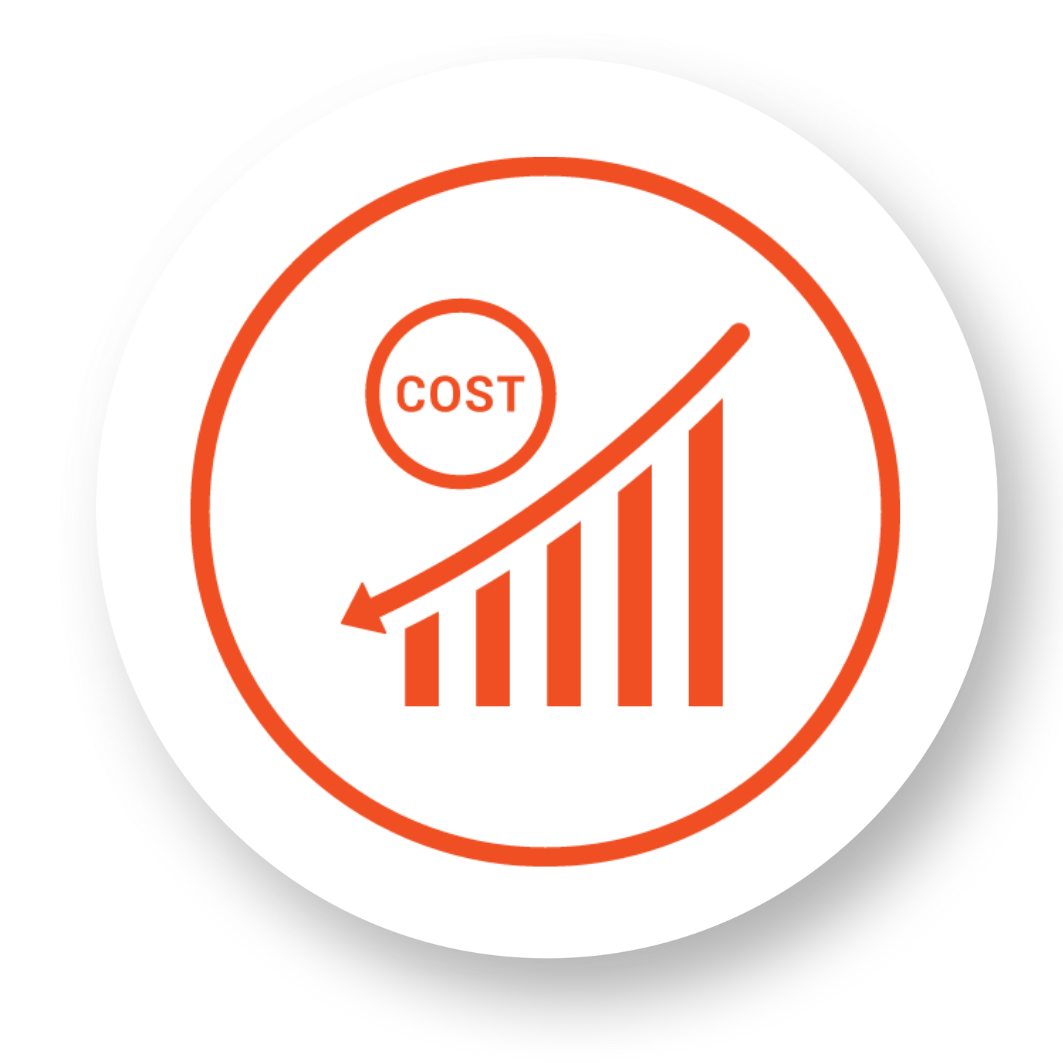E-commerce Fulfillment in Toronto Just Got an Upgrade!
With MacMillan, experience a service that understands the pulse of your business and the dynamics of e-commerce fulfillment in Toronto.

Why Choose MacMillan for Ecommerce Fulfillment in Toronto?
E-commerce fulfillment refers to the entire process of delivering an order to a customer. It entails the processing, pickup, packaging, and shipping online orders to the final customer. However, it goes beyond picking, packing, and sending orders. The best e-commerce fulfillment strategies involve an ordered procedure that results in e-commerce orders getting delivered to the end customer and, in return, helps transform logistics into a revenue driver through improved conversions and increased sales.
Why Choose MacMillan for Ecommerce Fulfillment in Toronto?
Because we know what works!
Experience That Speaks Volumes
Our track record in Toronto showcases our commitment to
excellence in e-commerce fulfillment.

The MacMillan Edge in Ecommerce Fulfillment Services in Canada

Cost-Effective Solutions:
We offer budget-friendly e-commerce fulfillment options in Toronto.

Scalable Services:
Our services adapt to businesses of all sizes in Toronto's e-commerce market.

Focus on Your Business Growth:
We handle the logistics so you can concentrate on expanding your business in Toronto.
How Do We Handle E-Commerce Fulfillment in Toronto?
The following steps elaborate on the individual services and workflows that sum up our e-commerce order fulfillment services in Toronto
Steps in E-commerce Fulfillment Services
The order fulfillment process extends through one or more distribution centers and typically includes inventory management, supply chain management, quality control, order processing, and customer service in distinct steps.
Order Fulfillment Services
Order fulfillment services are often used interchangeably with e-commerce fulfillment. A fulfillment service refers to picking, packing, and delivering customer orders. All e-commerce businesses are responsible for order fulfillment, whether you’re an online business that self-fulfills orders or partners with a fulfillment service provider. Partnering with MacMillan Supply Chain Group helps set your business apart from market competitors. There’s no order fulfillment process without the customer first purchasing online. Afterward, the items are picked, packed, and inspected for damage in the warehouse or fulfillment centers and then set on their delivery journey.
Order Management
This is a broad concept of the overall visibility of your customer orders from when they get placed to when they get delivered. It involves receiving, tracking, and fulfilling e-commerce orders across sales channels. This helps you monitor each status of any order (such as processing, pending or received, etc.), as well as being aware of when there’s a stockout or a change in customers’ buying patterns and preferences.
Inventory Management
Inventory management oversees an e-commerce business’s stocked products. It includes receiving inventory, inventory storage, and restocking inventory. The most important aspect of inventory management is balancing how much or how little inventory is on hand to avoid stockouts, backorders, and additional costs due to prolonged storage.
E-commerce Shipping
The shipping costs and delivery method you offer your customer are dependable on the type of items you’re shipping out (E.g., heavyweight, perishable, or highly-valued), the delivery goods location and destination, the delivery speeds, and the technology and resources at your disposal. Small e-commerce businesses may handle shipments using the nearest post office or a local FedEx store to deliver the goods. Bigger, more established online retailers will adopt fulfillment companies to enjoy faster and discounted shipping rates for their larger monthly order volume.
Warehouse Management System
Warehousing refers to storing inventory before orders are placed or fulfilled. The goods are safely and securely stored in an orderly manner for easy and quick allocation once orders are placed. Third-party logistics store inventory in their fulfillment center and ship orders to customers directly from there.
Returns Management
This leg of e-commerce fulfillment involves receiving, accessing, and restocking returned items unless damaged or malfunctioning. This is also the stage of e-commerce fulfillment that incorporates customer service and support for handling complaints. Depending on the product condition, some e-fulfillment services let returns be sent to the e-commerce business instead of the fulfillment center.
Fulfillment Software
E-commerce fulfillment software is the digitized means of handling inventory and order management and picking, packing, and delivery processes. The technology allows a real-time connection and tracking between e-commerce fulfillment providers and business owners.
International Order Fulfillment
International fulfillment involves the fulfillment of goods and products to customers who live in countries outside of where your e-commerce business is based. The options for this are either working with a fulfillment company located abroad or shipping orders from your location to other countries.
How Do We Handle E-Commerce Fulfillment in Toronto?
Steps in E-commerce Fulfillment Services
Choosing The Best E-commerce Fulfillment Solution in Toronto
The Cost of Self-Fulfillment
The Cost of third party logistics (3PLs) Fulfillment
The rates of most 3PLs fulfillment differ, but the common costs you’ll come across are for the acceptance and arrangement of incoming inventory, storage costs per -SKU, shelf or pallet, custom branded packing materials, specially assembled orders (kitting), and delivery. 3PL fulfillment companies offer bulk discounted rates because they work with thousands of e-commerce businesses.
Let's show Toronto what your ecommerce business can do.
When an e-commerce business hits a certain milestone, it will either partner with 3PL or invest in the infrastructure, pieces of equipment, resources, and workforce to oversee order fulfillment itself.
However, partnering with a 3PL like MacMillan allows you to make room for investments in other critical business areas like marketing and enhancing your product. Third-party logistics companies provide high-level expertise that lets online businesses drive fulfillment for efficiency and maximum customer satisfaction.
We’d love to hear from you if you’d like to work with an e-commerce fulfillment company in the Greater Toronto Area.
You can reach us at 416-941-2759 or by contacting us here.

How Does MacMillan Cater to Toronto's Unique E-Commerce Market?

Local Expertise for Global Success:
